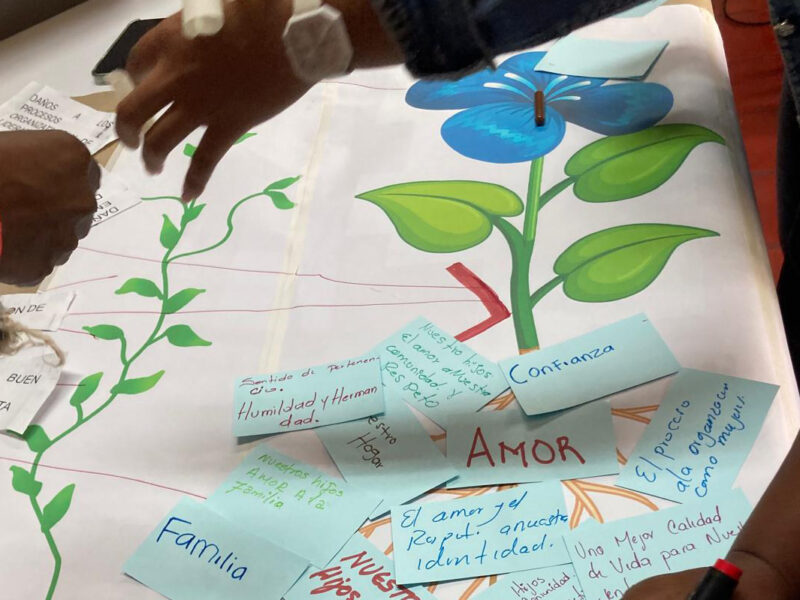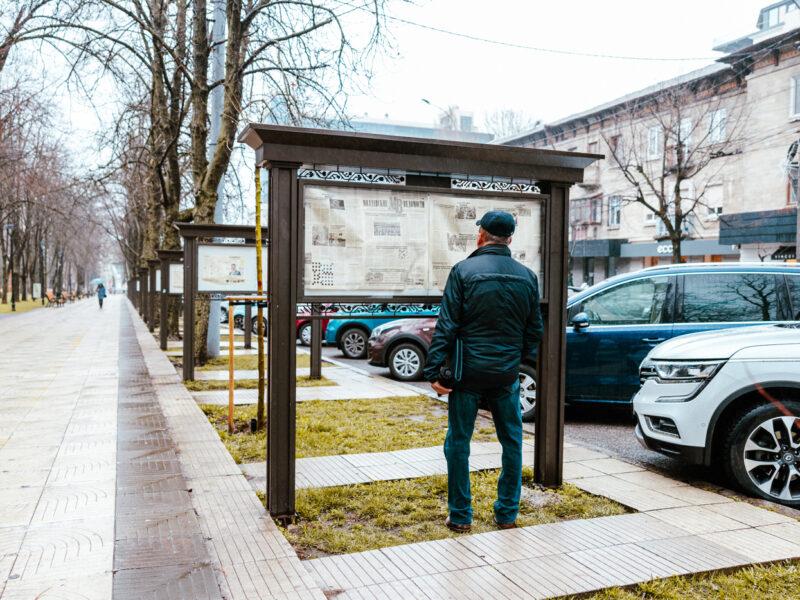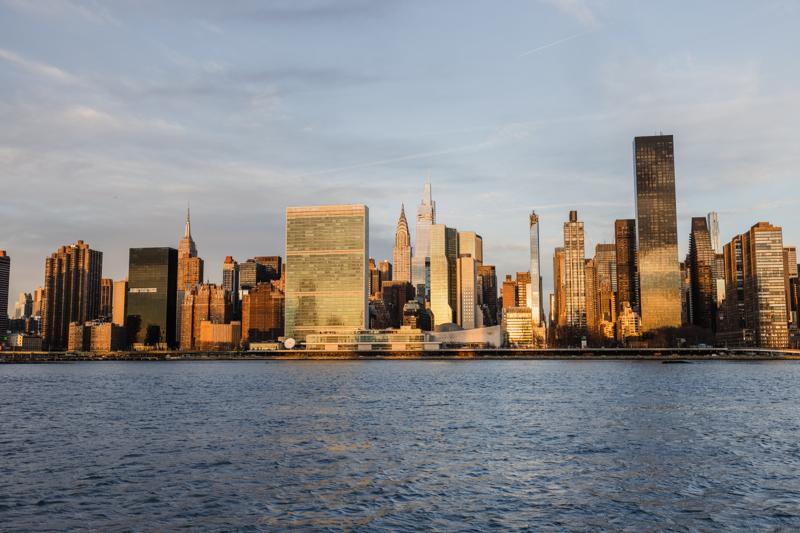Att tala med talibanerna?
18 augusti, 2021Står Afghanistan inför ett nytt inbördeskrig eller kommer Talibanerna lyckas upprätta en centralt styrd regering? Båda scenarier genererar svåra dilemman för omvärlden, skriver Maria Chalhoub.
Barely a month has passed since the World Health Organization announced the Covid-19 outbreak as a pandemic. Yet, we are already looking at a case tally of some 1 million globally, among them no less than 55 000 deaths.
For those of us in the conflict resolution industry, we worry not only about those conflict-ridded societies that have no infrastructure or means to cope with the outbreak, but about the potential shifting of international priorities, away from managing peace and conflict. As laid out in a recent report by International Crisis Group, there are signs of this already happening.
Traveling restrictions are preventing mediators from bringing together parties to conflicts, and in cases where parties are ready to make peace, talks are postponed in light of more urgent matters linked to public health. At the same time, reports point to new diplomatic doors being opened as a result of Covid-19, that could prove to be indispensable opportunities for conflict resolution.
Amongst these, the Crown Prince of the United Arab Emirates, Ben Zayed, reached out to Syrian President Bashar al-Assad in late March for the first time in years, to express the UAE’s readiness to provide humanitarian support to a war-torn Syria in face of the corona crisis. Despite the likely underlying political intentions of the outreach, the resumed diplomatic channel provides an unprecedented window of opportunity to align political interests, and alleviate human suffering.
In Iran, one of the countries worst hit by the corona crisis, debates on the implications of international sanctions have been revitalized and echoed globally. Calls are heard all the way from European capitals to Washington, to loosen sanctions and facilitate the delivery of humanitarian supplies. As a result, a transaction mechanism has been jointly established by the governments of France, Germany and Britain, to barter for vital goods and products with Tehran. The U.S. too, now faces an opportunity to clear the way for an IMF loan requested by Iran, and by doing so, potentially preparing the ground for resumed diplomatic interaction between the two states. Indeed, similar campaigns are calling for the suspension of sanctions on Venezuela and North Korea, and are generating new, unforeseen, spaces for dialogue.
Even in cases where armed conflict has been intensifying, calls for an immediate global ceasefire, including by the Secretary General of the United Nations António Guterres, appear to have been heard.
Last week, the Colombian guerilla group National Liberation Army announced that it is committing to a month-long ceasefire amid the rise in corona cases. In Syria’s war-torn Idleb, the ceasefire negotiated by Russia and Turkey in early March is largely holding, despite a long history of unsuccessful attempts to halt fighting for humanitarian purposes.
It goes without saying, no diplomatic victories linked to the outbreak of Covid-19 can make up for the suffering and loss of lives caused by the pandemic. However, history will judge us based on the lives we saved. Hence, now is not the time for mediators and peace-builders to close down business, but to double up our efforts, and seize these rare windows of opportunity.
av Maria Chalhoub
Democratic practices have a long history in Iraq. But as a consequence of the more recent decades of authoritarian and centralized rule, the distinct responsibilities of citizens and the state in a democracy cannot be taken for granted.

Är det viktigare att veta sanningen om krigsbrott än att de skyldiga hamnar i fängelse? Världen drar lärdomar när Colombia banar nya vägar mot fred. År 2016 skrev FARC-gerillan och Colombias regering på ett fredsavtal som innehöll en väldigt nydanande metod för övergångsrättvisa. Avtalet etablerade nämligen en ny domstol som dömer de mest ansvariga för […]

Valet i Moldavien 2024 utgör ett tydligt exempel på hur hoten mot fria val blir alltmer komplexa. För att värna demokratin måste vi stärka ansvariga institutioner i att motverka hybrida hot. Demokratin befinner sig globalt på tillbakagång. Parallellt med att auktoritära styren stärker sitt grepp, utmanas fria och rättvisa val av en rad faktorer: ökande […]

Om FN inte fanns, skulle organisationen behöva uppfinnas. Den sanningen har upprepats ofta, och är väl värd att hålla fast vid i en tid då marken under FN-skrapan i New York gungar.